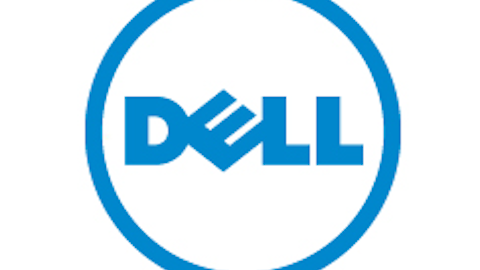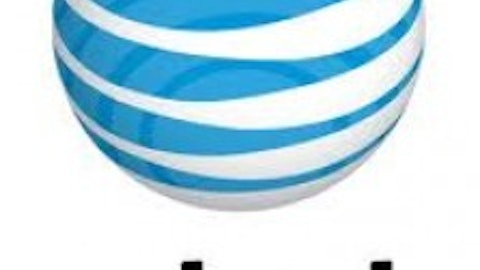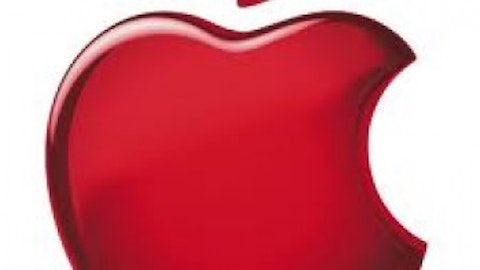
The myth
It generally goes something like this:
Apple Inc. (NASDAQ:AAPL) has an ecosystem. A consumer who purchases an Apple product will be sure to buy other Apple products in place of electronics made by other companies. Buying one product from Apple makes purchasing other products from the company more attractive, as there are strong synergies between the company’s various devices.
David Einhorn has a slightly different take on this myth, but his reasoning is largely the same. In letters to his investors, and a presentation at Ira Sohn, Einhorn explained that Apple’s critics mistakenly view it is as a hardware company. In Einhorn’s mind, Apple Inc. (NASDAQ:AAPL) is a software company that keeps its customers coming back because of its superior software. This is essentially the same reasoning as the oft cited ecosystem.
On the surface this argument may sound attractive. After all, everyone knows at least one Apple super fan in their life: That person who has an iPhone, iPad, Macbook Pro and over a dozen different models of the iPod buried in their closet.
Yet, on closer scrutiny, it simply doesn’t hold up. There may be some superficial benefits to have multiple iDevices, but there aren’t any fundamental synergies that would keep customers loyal to Apple Inc. (NASDAQ:AAPL).
The synergies that do exist are weak at best. What’s worse, technological change is accelerating their irrelevancy, with Apple’s own choices helping along the process!
What is an ecosystem?
But what exactly constitutes an ecosystem? There are a few common things people cite when they talk of Apple’s perceived ecosystem.
The claim:Knowledge of iOS learned from using the iPhone makes continued use of new versions of the device, or different devices running the same operating system, more attractive.
Mobile operating systems are inherently intuitive, especially when compared to their desktop counterparts. The most popular mobile operating system, Google’s Android, is easy enough to learn that the majority of the world’s smartphone users are on it. What’s more, it’s similar enough to iOS that it has been the focal point of numerous, high-profile patent lawsuits.
The claim:All iOS devices have access to mostly the same applications. More, there are some high quality applications exclusive to iOS.
The most commonly used smartphone applications aren’t exclusive to iOS. Applications that started as iOS exclusive were quickly ported to Android after they became successful — Instagram is a great example. Further, there are a number of applications that are not available to iOS users; most of which are aimed at power users — people more likely to spend greater amounts of money on technology. Tasker is a great example, but Businessinsider has put together an entire list.
The claim:iDevices “work well” together.





